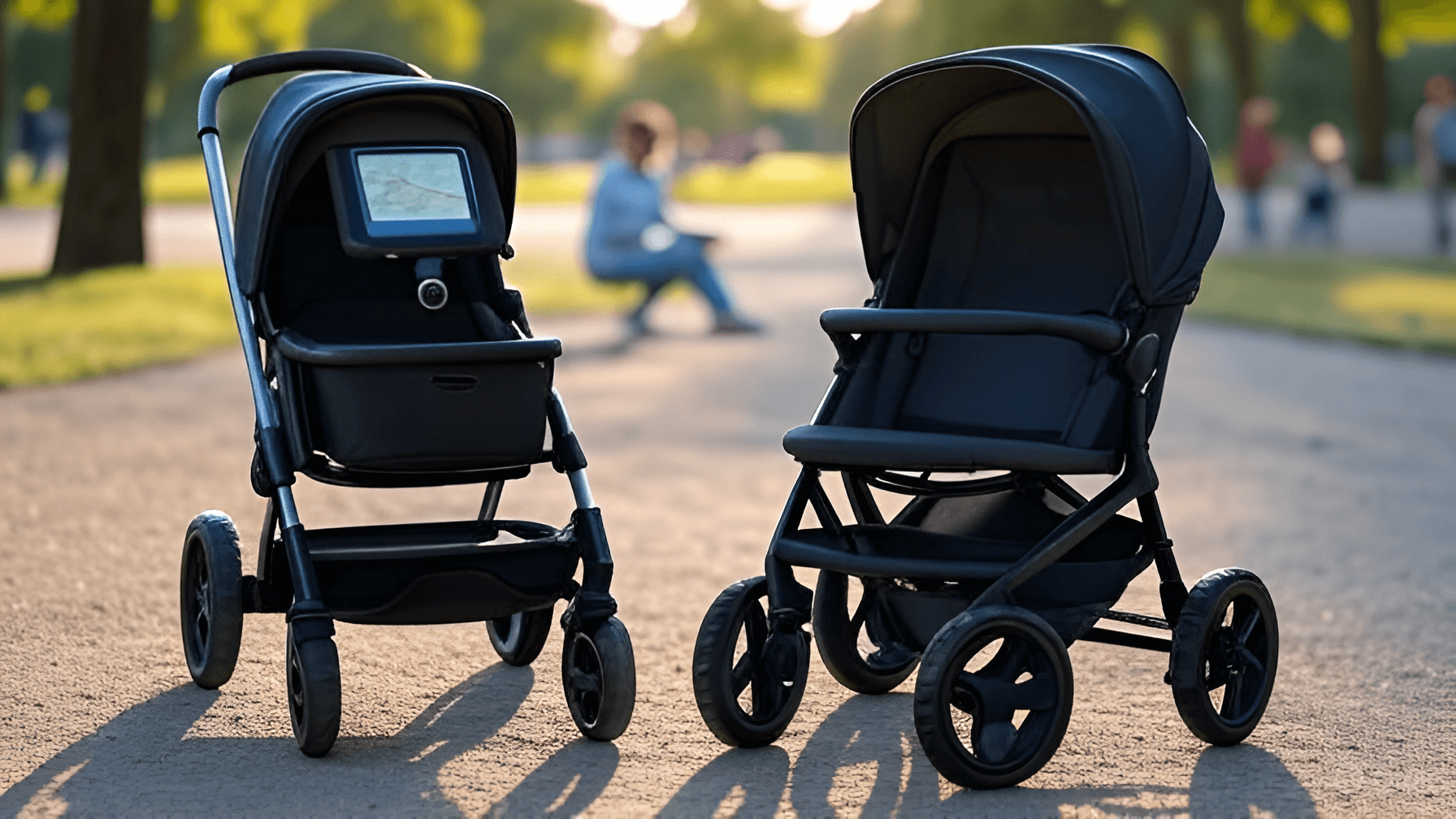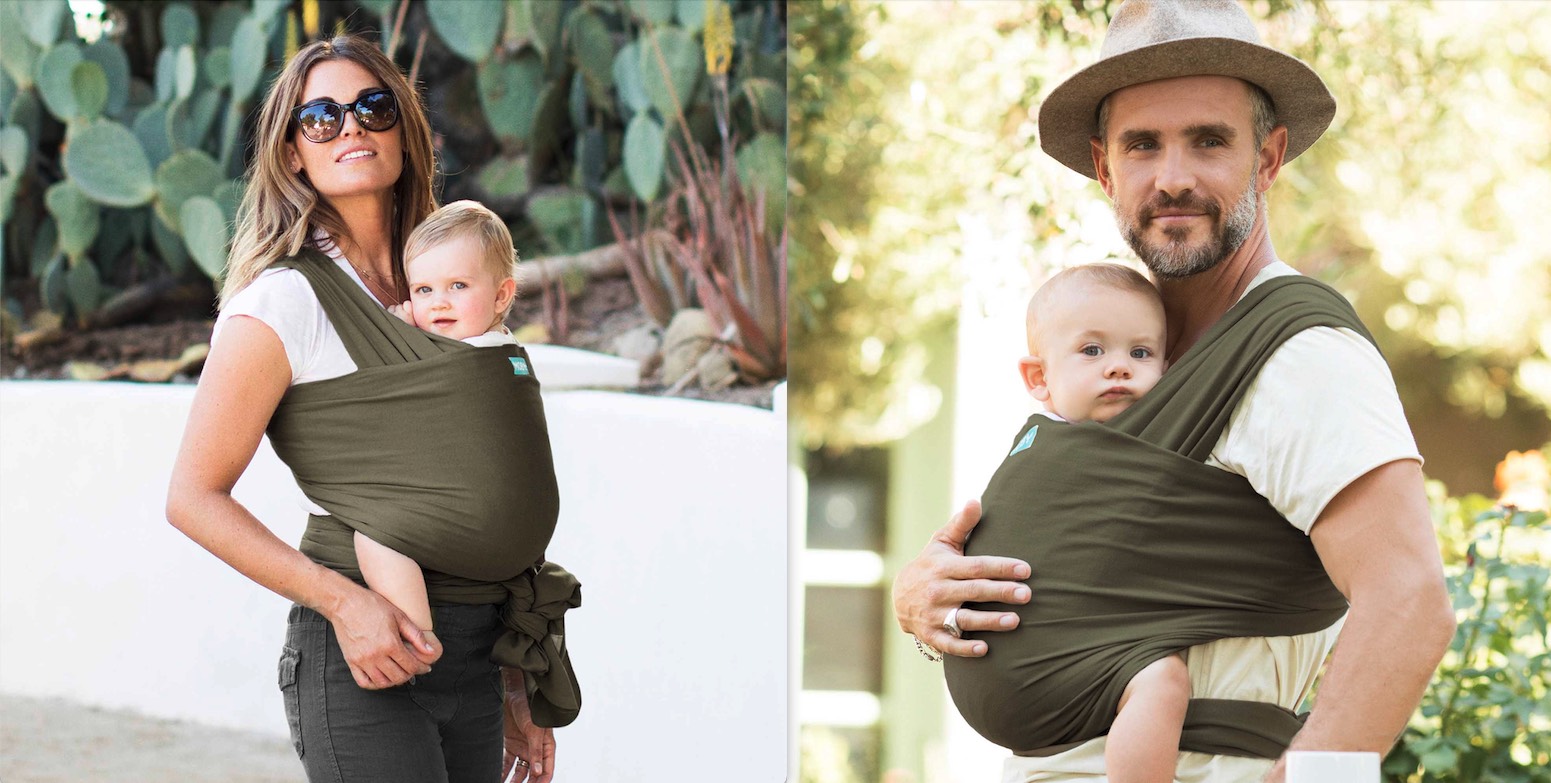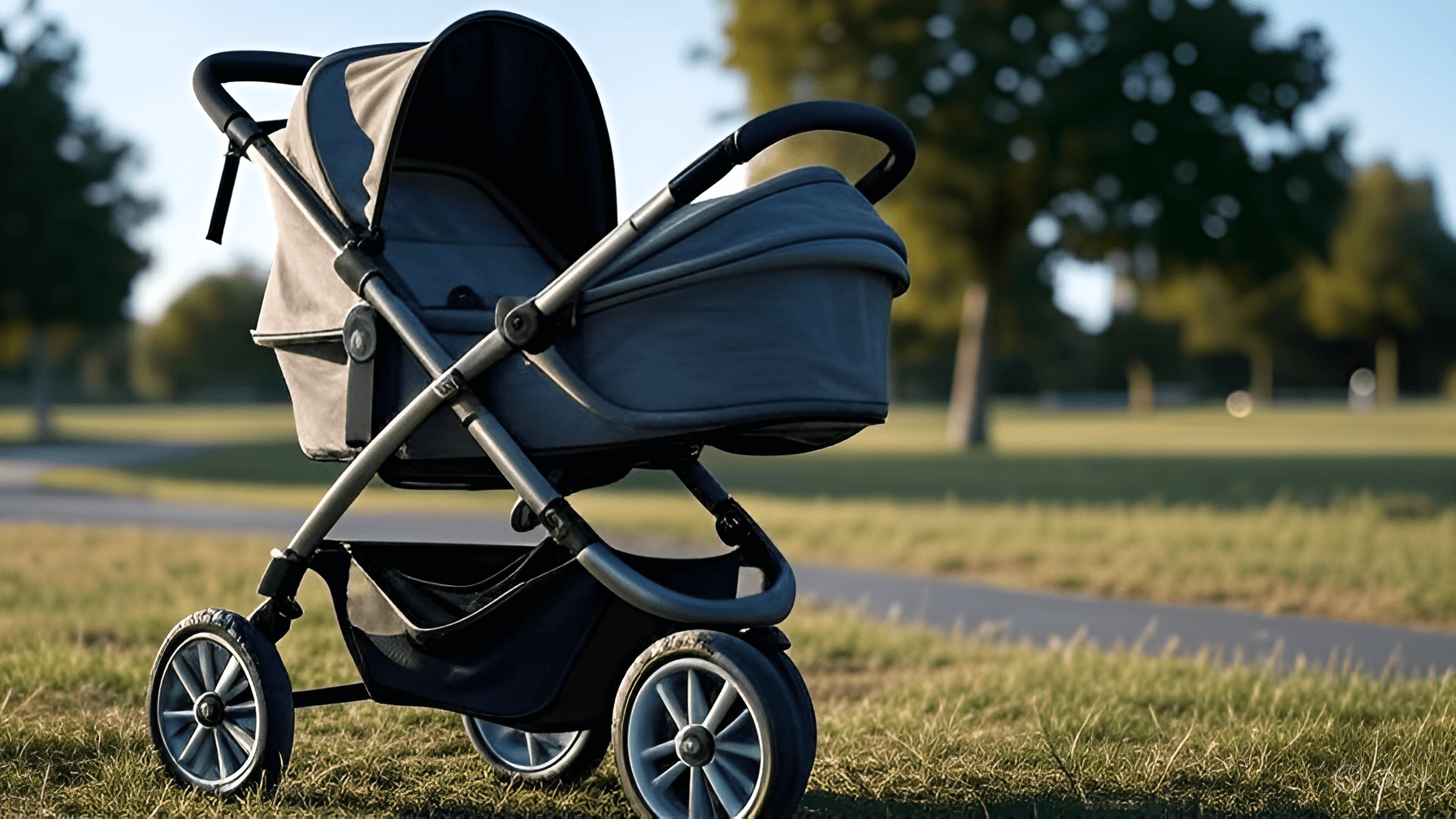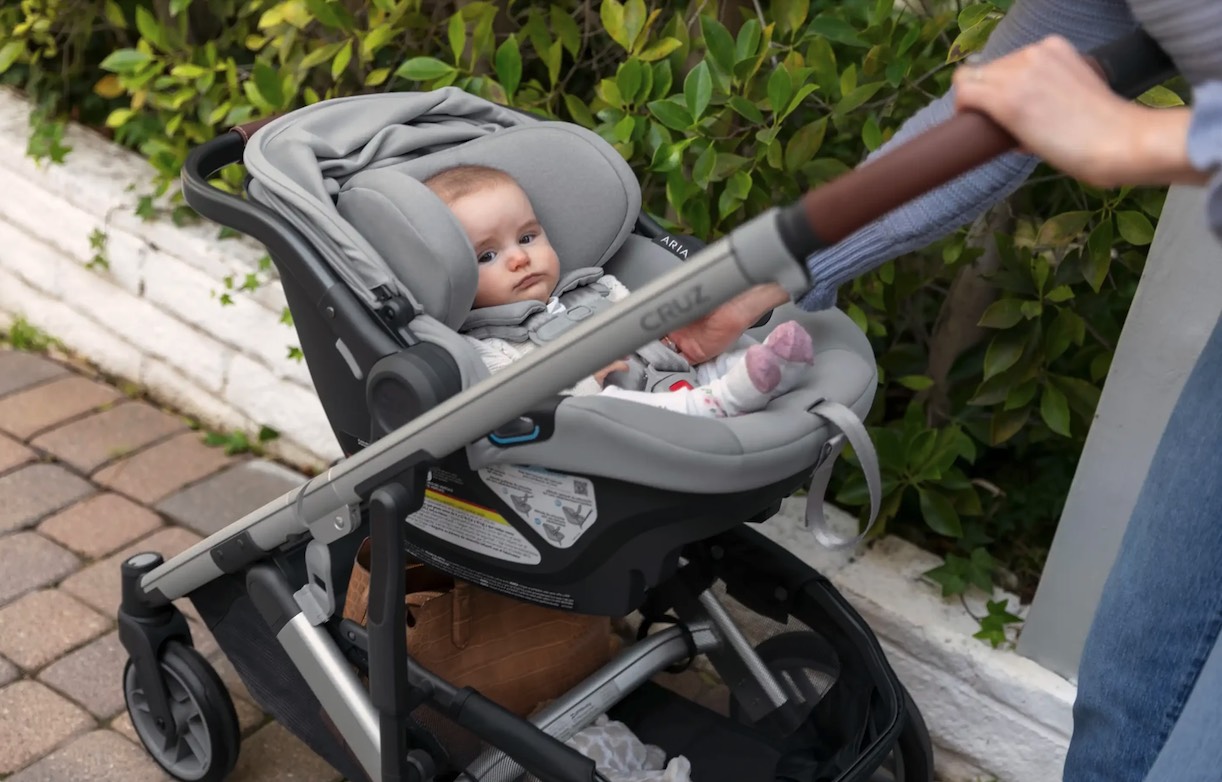In 2025, parenting has entered a new era of innovation, where technology seamlessly integrates into everyday essentials like strollers. Smart strollers, equipped with AI, electric assist, sensors, and app connectivity, are revolutionizing how parents navigate daily life. These high-tech models go beyond traditional pushchairs by offering hands-free modes, adaptive braking, soothing features, and even self-propulsion, making them ideal for busy urban dwellers, hilly terrains, or multi-tasking caregivers. As families prioritize convenience and safety amid increasingly active lifestyles, smart strollers address pain points like uphill struggles, fussy babies, and security concerns. With advancements in battery life, AI algorithms, and eco-friendly designs, 2025 models emphasize user-friendly interfaces and robust builds that grow with your child.
This guide explores the best smart strollers for 2025, based on expert reviews from Wirecutter, Consumer Reports, and Bambi Baby, combined with parent feedback from forums like Reddit and hands-on testing data. We’ve focused on models that excel in tech integration, safety, and practicality, with prices starting at $1,300 for entry-level electric assists and reaching $3,900 for full AI suites. Trends this year include modular batteries for extended use, enhanced sensors for obstacle detection, and app-based controls for customization. Whether you’re a tech enthusiast or simply seeking ease, these strollers promise to make outings smarter and less strenuous.
Why Choose a Smart Stroller in 2025?
Smart strollers leverage technology to enhance the parenting experience, turning routine walks into effortless adventures. Unlike conventional models, they incorporate electric motors, AI-driven automation, and connectivity to reduce physical effort and boost safety. Benefits include:
- Effortless Mobility: Electric assist tackles inclines and heavy loads, ideal for cities like San Francisco or parents with mobility challenges. Regenerative braking in models like the Cybex e-Gazelle recharges batteries on descents.
- AI and Automation: Features like hands-free driving, auto-rocking, and soothing sounds (white noise, stories) calm babies without constant intervention.
- Safety Enhancements: Adaptive brakes, obstacle sensors, location tracking, and app alerts prevent accidents and provide peace of mind.
- Connectivity and Customization: Apps monitor usage, adjust assist levels, and offer fitness tracking, syncing with smartphones for seamless control.
- 2025 Trends: Longer battery life (up to 1.5 weeks), modular designs for travel, and eco-materials like recycled fabrics. According to Motherly, these strollers are worth the investment for families on the go, scoring high in durability and user satisfaction.
Parents on Women’s Health praise the reduced strain, noting how electric assists make long walks feasible post-C-section or with twins. If you value innovation over basic functionality, a smart stroller can transform challenging terrains into enjoyable experiences.
Key Features to Consider in Smart Strollers
Evaluate these elements based on 2025 reviews from Today’s Parent and Nini and Loli:
- Electric and AI Integration: Motors (300-500W) for push assist; AI for hands-free modes, rocking, and sensor-based braking.
- Battery and Range: Modular packs lasting 1-1.5 weeks or 8-10 miles per charge; quick USB charging.
- Sensors and Safety: Cameras, ultrasonics, IMUs for obstacle detection; auto-parking brakes and harnesses compliant with ASTM standards.
- Comfort and Versatility: Reclining seats, bassinets, soothing audio; convertible for singles/doubles, up to 50-75 pounds.
- App and Connectivity: Bluetooth for controls, tracking, and reports; privacy-focused with secure IDs.
- Weight and Portability: 25-35 pounds; compact folds for travel, though tech adds bulk.
Prioritize battery life for frequent use and sensor arrays for urban safety.
In-Depth Reviews of the Best Smart Strollers for 2025
We’ve reviewed five leading models from sources like Gluxkind, Bambi Baby, and Motherly, highlighting performance, value, and parent insights.
- Glüxkind Ella ($3,899)
Gluxkind’s flagship AI stroller tops lists for its advanced autonomy, per YouTube reviews and the company’s site. With a 500W duo-motor, it offers push assist, hands-free mode (parent-tracked self-driving with obstacle detection), and rock-my-baby (adaptive rocking). Sensors include 1 camera, ultrasonic, IMU, and occupancy detectors for safety. The app provides location tracking, trip reports, and phone key access. Battery lasts up to 1 week; includes bassinet and seat for birth to 50 pounds. Testers note its smooth ride on inclines and soothing white noise/stories.
Pros: Full AI suite, modular battery, high safety with duo-brakes.
Cons: Premium price; heavier at ~30 pounds.
Key Specs: Weight: ~30 lbs; Max Child Weight: 50 lbs; Battery: 1 week.
Best For: Tech-savvy parents wanting hands-free luxury. - Glüxkind Rosa ($2,499)
A more affordable sibling to Ella, praised in GlobeNewswire for its e-bike-like mobility. Features 500W motor, push assist, hands-free mode, and enhanced pro sensors (5 cameras, 5 ultrasonics, 2 IMUs). Includes auto-rocking, white noise, story streaming, and adaptive braking. App offers parent/nanny IDs and fitness reports. Battery extends to 1.5 weeks; supports bassinet and seat up to 50 pounds. Reviewers highlight its crib-on-wheels design for soothing naps.
Pros: Better sensors than Ella, longer battery, value for features.
Cons: Still pricey; limited to North America availability.
Key Specs: Weight: ~30 lbs; Max Child Weight: 50 lbs; Battery: 1.5 weeks.
Best For: Families seeking balanced AI without max spend. - Cybex e-Gazelle ($1,200 estimated)
Bambi Baby’s most innovative pick for 2025, with electric assist and adaptive sensors. It features regenerative braking (recharges on descents), USB port, all-wheel suspension, and rocking mode. Convertible from single to double, with terrain-adaptive motor. App controls assist levels. Parents appreciate the smooth ride on hills and large storage.
Pros: Versatile configurations, eco-braking, affordable smart entry.
Cons: Heavier (32.4 lbs); basic AI compared to Gluxkind.
Key Specs: Weight: 32.4 lbs; Max Child Weight: 50 lbs/seat; Battery: Not specified.
Best For: Growing families on varied terrains. - Cybex e-Priam ($1,399)
Reviewed positively by Women’s Health and Reviewed for its premium build. Electric assist for hills, rocking function, and app integration for customization. Includes reversible seat, roomy bassinet, and large basket. Sensors adapt to surfaces; compliant with safety standards. First-time moms note its sleek design and secure feel.
Pros: Stylish, robust, app for assist control.
Cons: Heavy; additional costs for full travel system.
Key Specs: Weight: ~28 lbs; Max Child Weight: 55 lbs; Battery: App-managed.
Best For: Urban luxury seekers. - Ellavate Wagon ($1,999)
Motherly’s review calls it a “power move” for loaded outings. Electric motor (8-mile range) auto-engages on grip, with downhill braking and all-terrain tires. Features safety seats, car seat adapter, washable fabrics, and soothing vibrations. Folds compact for travel; holds 200 pounds. Testers loved its ease at parks.
Pros: High capacity, airline-friendly, intuitive controls.
Cons: Wagon style less discreet; expensive.
Key Specs: Weight: Not specified; Max Load: 200 lbs; Battery: 8 miles.
Best For: Multi-kid families on adventures.
Buying Tips and Maintenance for 2025
Test apps and batteries in-store; consider privacy with data-sharing features. Budget for extras like travel packs ($100-200). Check warranties (1-3 years) and compatibility.
Maintenance: Charge batteries weekly, update apps, clean sensors. As per Kidznbaby, avoid over-relying on tech—most parents use basics long-term.
In 2025, the Glüxkind Ella leads for comprehensive AI, but assess needs for the right tech balance. Embrace smarter strolling!




